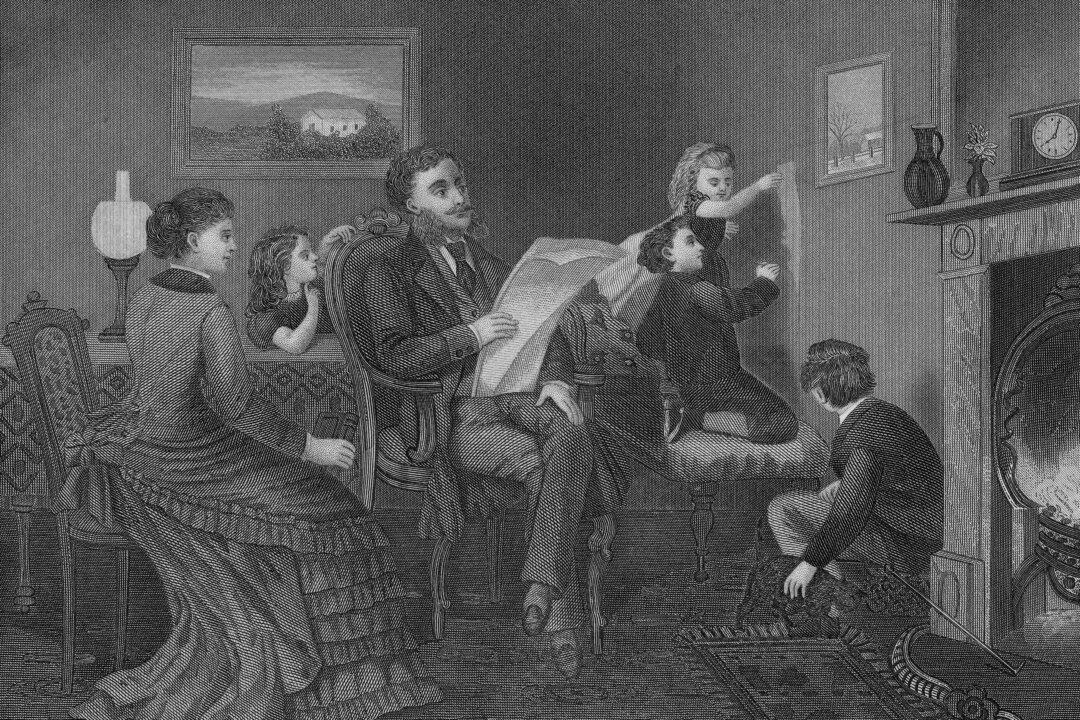Since the 18th century, the printed word has influenced the course of American history.
From the founding of the United States, its literacy rates were higher than the countries of Europe. In his article “The Spread of Education Before Compulsion,” Edwin West of the Foundation for Economic Education writes that by 1800, literacy among white American males had reached almost 90 percent. In 1828, the United States sported 50 universities and 600 newspapers and journals. As West tells us, one writer reported that year, “With us a newspaper is the fare of almost every meal in almost every family.”






